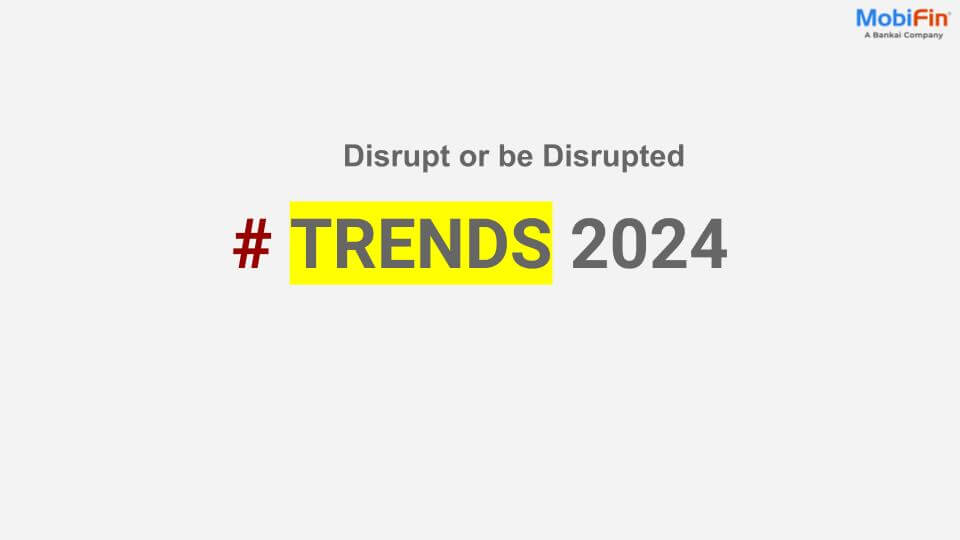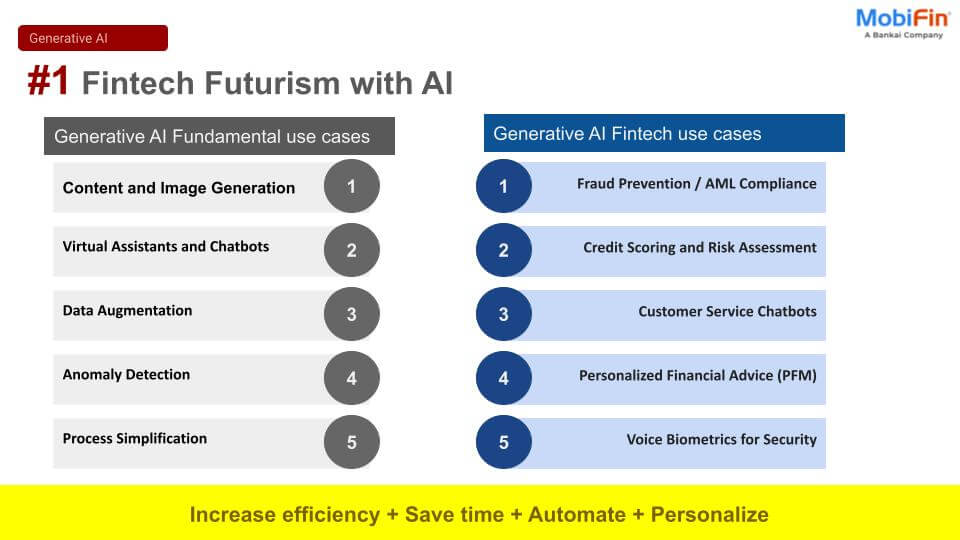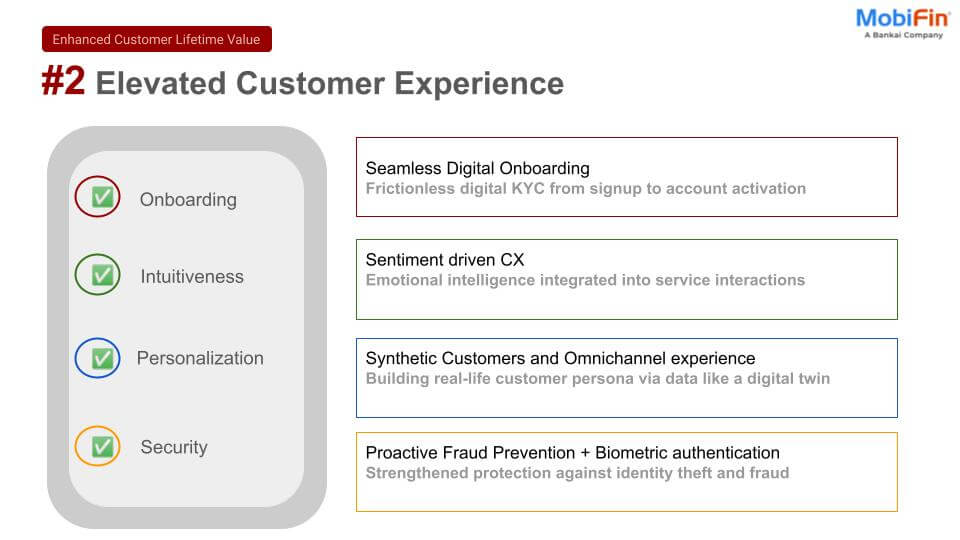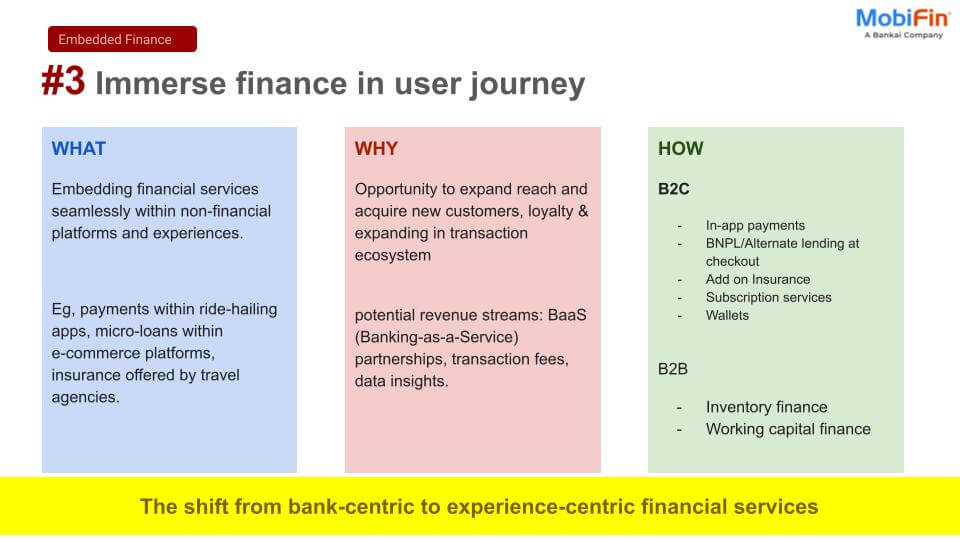Agent banking leverages a network of third-party agents, seamlessly integrating banking services into everyday local businesses. It introduces an innovative dimension to South Africa’s financial services sector by harnessing technological advancement. Digital platforms like agency banking solutions allow agents to extend their reach using USSD channels, mobile apps, smart Android POS systems, etc.
South Africa’s financial landscape is poised for transformation, with an estimated 95.07% banking account penetration by 2028. As a pragmatic solution, agency banking stands ready to enhance accessibility in this thriving ecosystem. This blog will provide a detailed understanding of its imperative in South Africa, and strategies to maximize its impact in driving economic empowerment in the region.
What Is the Overview of the Banking Industry in South Africa?
The banking industry in South Africa is a dynamic landscape characterized by a diverse range of financial institutions like cooperative banks, credit unions, microfinance institutions, and FinTech startups. The sector is dominated by a handful of significant banks offering traditional services, but it’s also witnessing a surge in digital innovation.
The FinTech impact is palpable as innovative startups and digital platforms create alternative channels for financial services. The industry is evolving rapidly, with blockchain and asset tokenization offering new growth avenues and risk management challenges. Amidst these dynamics, South Africa’s banking sector remains adaptable and forward-looking.
The Agency Banking Model: Why Is It Needed?
The agent banking model aims to extend the reach of banking services, especially to underserved or rural areas, by leveraging existing retail infrastructure and technology. It involves third-party agents, often small shops, grocery stores, gas stations, post offices, or individuals authorized and contracted by the bank to provide specific banking services.
The partnering bank equips these agents with the necessary tools and technology to offer services like cash deposits, withdrawals, balance inquiries, and bill payments. Digital agency banking solutions make this model efficient and scalable by integrating core banking systems and third-party solutions.
Here’s why it’s imperative in South Africa:
High Operational Costs: Establishing traditional brick-and-mortar banks in every region is financially unviable.
Limited Scalability: Traditional banks struggle to reach areas without branches, resulting in missed customer opportunities.
Profitability Boost: Agency banking extends banking services to every nook and cranny, attracting a more extensive customer base and, consequently, higher profitability.
Agility and Flexibility: Traditional banks often struggle to meet tech-savvy customer demands.
Strategies to Capitalize on Agency Banking Opportunities in South Africa
Institutional Strategy
Financial institutions must align their strategic goals with the unique demands of this model to capitalize on agency banking opportunities. One key consideration is determining the target market, whether it’s the mass retail sector, specific market segments, or small businesses. This choice will influence how agency it is implemented, from agent selection to product offerings.
Institutions must stay informed about the regulatory changes as they can significantly impact operations and expansion plans. Furthermore, it’s crucial to establish clear performance metrics and key performance indicators (KPIs) that align with the agent banking model.
Agent Selection and Equipping
Agent qualifications should focus on identifying trusted individuals in their communities who possess the necessary skills to handle financial interactions, offer expert guidance, and navigate technology-driven systems. Banks must create impactful agent incentives by designing a tiered commission system that provides higher rewards for achieving specific performance milestones.
Deploying a robust agency banking solution will equip agents with user-centric, intuitive, and device-agnostic applications, empowering them to deliver services effectively across multiple channels. This integrated solution also includes agent network administration tools, streamlining the efficient expansion of agent networks by institutions.
Delivery Channels
Initially centered on cash-in and cash-out transactions, agency banking is expanding its service portfolio. Product evolution is critical, with offerings like nano credit loans, e-commerce delivery support, and FMCG distributor cash handling becoming part of the ecosystem. This expansion drives transaction volumes and diversifies revenue streams.
Channel evolution is equally vital. While agents support cash-in and cash-out transactions, they also facilitate the transition to digital channels. The primary delivery channels are USSD, mobile apps, and smart Android POS devices. Each channel offers unique advantages. For instance, smart Android POS devices combine the convenience of smartphones with inbuilt card readers and thermal printers for receipts, enhancing the customer experience.
Technology Solutions
Banks must carefully select vendors while investing in robust and scalable technology systems like a branchless banking suite encompassing end-to-end agency banking solutions. It safeguards against security threats, enables real-time reporting and monitoring, and empowers agents to offer various services, from account opening to bill payments. Furthermore, embracing innovative solutions like two-factor PIN authentication, encrypted communication, and biometric authentication elevates the security and efficiency of agent banking.
Embracing Growth and Reaping Rewards: What Is the Future of Banking in South Africa?
Agency banking is a powerful catalyst for financial inclusion, extending its reach into the heart of communities often overlooked by traditional banking systems. Here’s how agent banking unlocks South Africa’s economic potential:
Deposit Mobilization
Banks can tap into previously untapped pools of potential depositors, especially in rural areas, by leveraging an extensive network of agents. It results in a deposit surge, driving liquidity and allowing financial institutions to harness these funds for further growth and investments.
Empowering Communities
This model empowers communities by giving them access to essential banking services in their neighborhoods. This newfound access transforms individuals into financially literate and empowered citizens, paving the way for greater economic self-sufficiency.
Increasing Revenue & Cost Savings
Banks unlock new avenues of revenue with increased reach and a wide range of services without the massive overhead of establishing physical branches. It reduces operational costs, including leasing, utilities, security, and maintenance expenses.
Competitive Positioning
Financial institutions can offer innovative services, capture new markets, and outmaneuver competitors by strategically deploying agency networks. Combining convenience, accessibility, and technological advancement neutralizes the advantages of other banks and challenges traditional competitors like SACCOs.
Leverage Agency Banking Solution: Unlock Financial Inclusion, One Agent at a Time
South Africa’s banking industry stands at a pivotal juncture, with agency banking emerging as a transformative force driving economic empowerment and inclusion. Banks can usher in a new era of financial accessibility by embracing robust agency banking solutions for implementing institutional strategies, agent network administration, and integrating diverse delivery channels. Banks and financial institutions embracing agent banking will unlock untapped deposit potential, uplift communities, and secure a competitive edge in South Africa’s dynamic economic landscape.
Agency Banking Solution revolutionizes banking for the unbanked with a platform that offers simplified cash handling, easy agent management, and cost-saving benefits.













